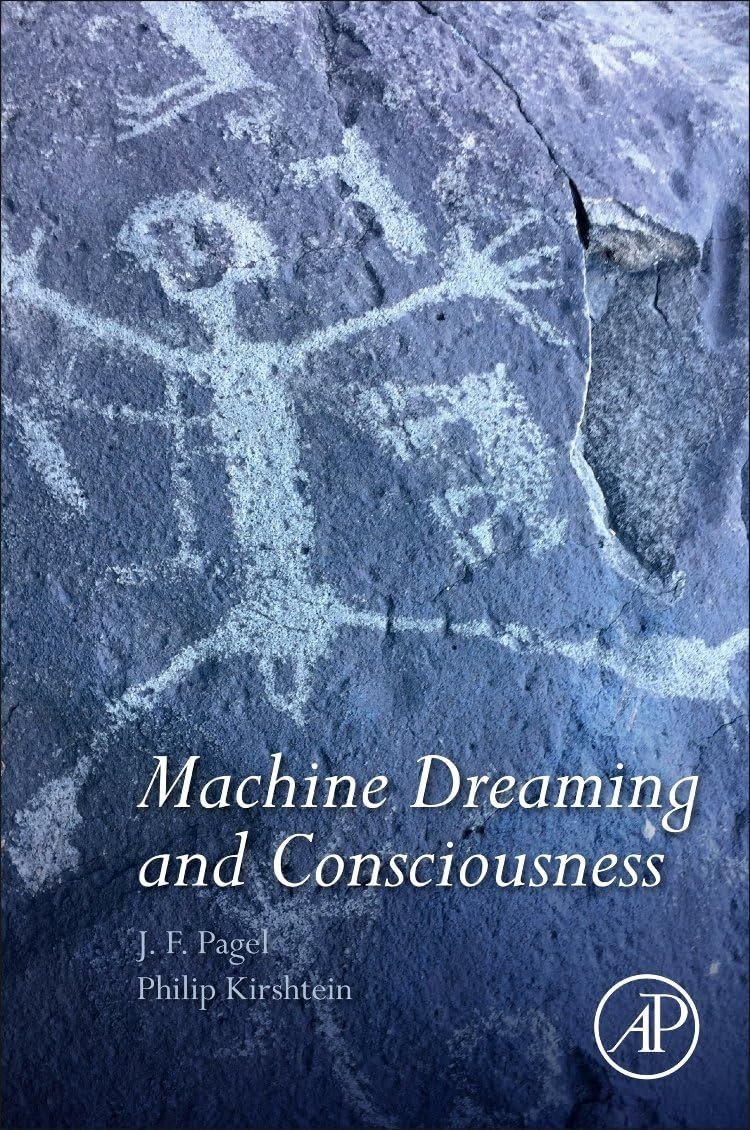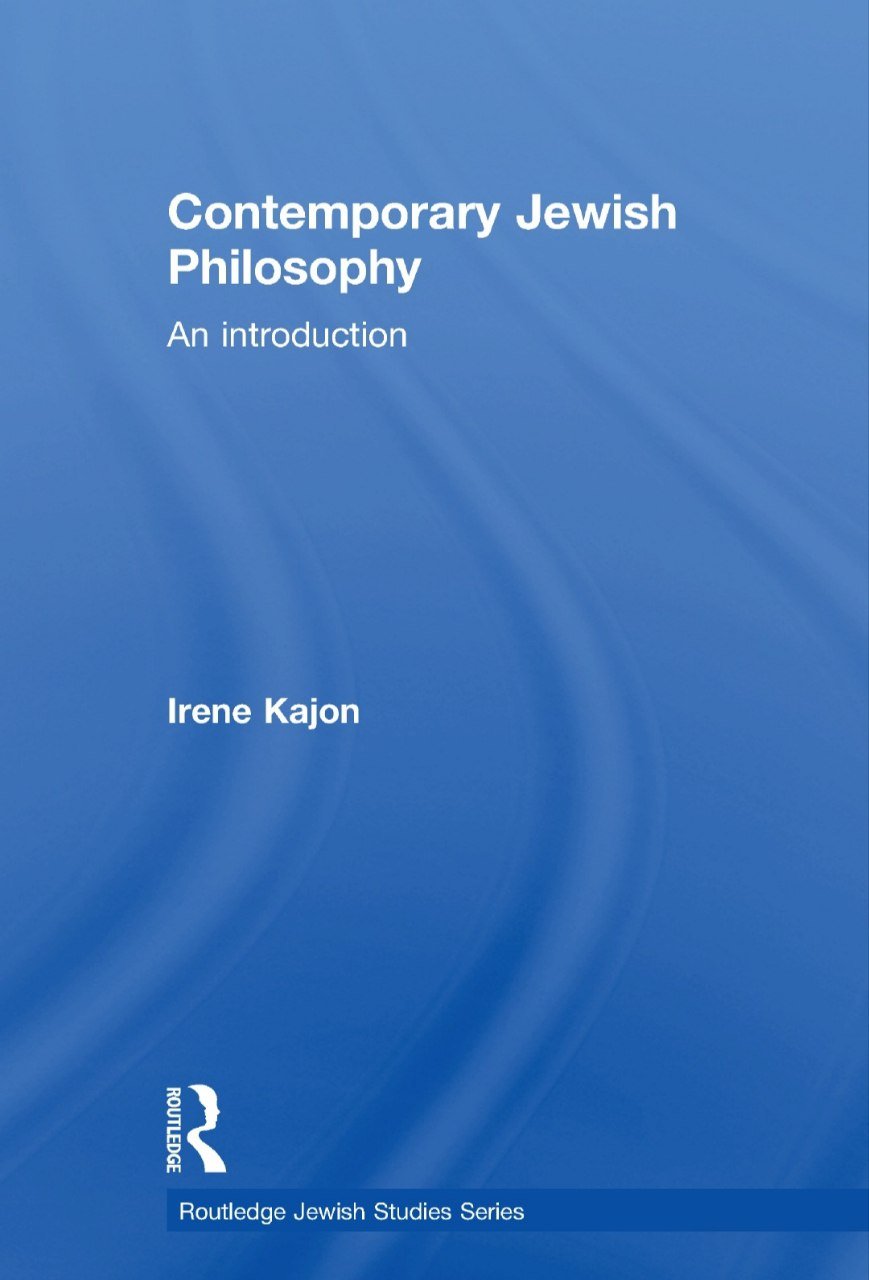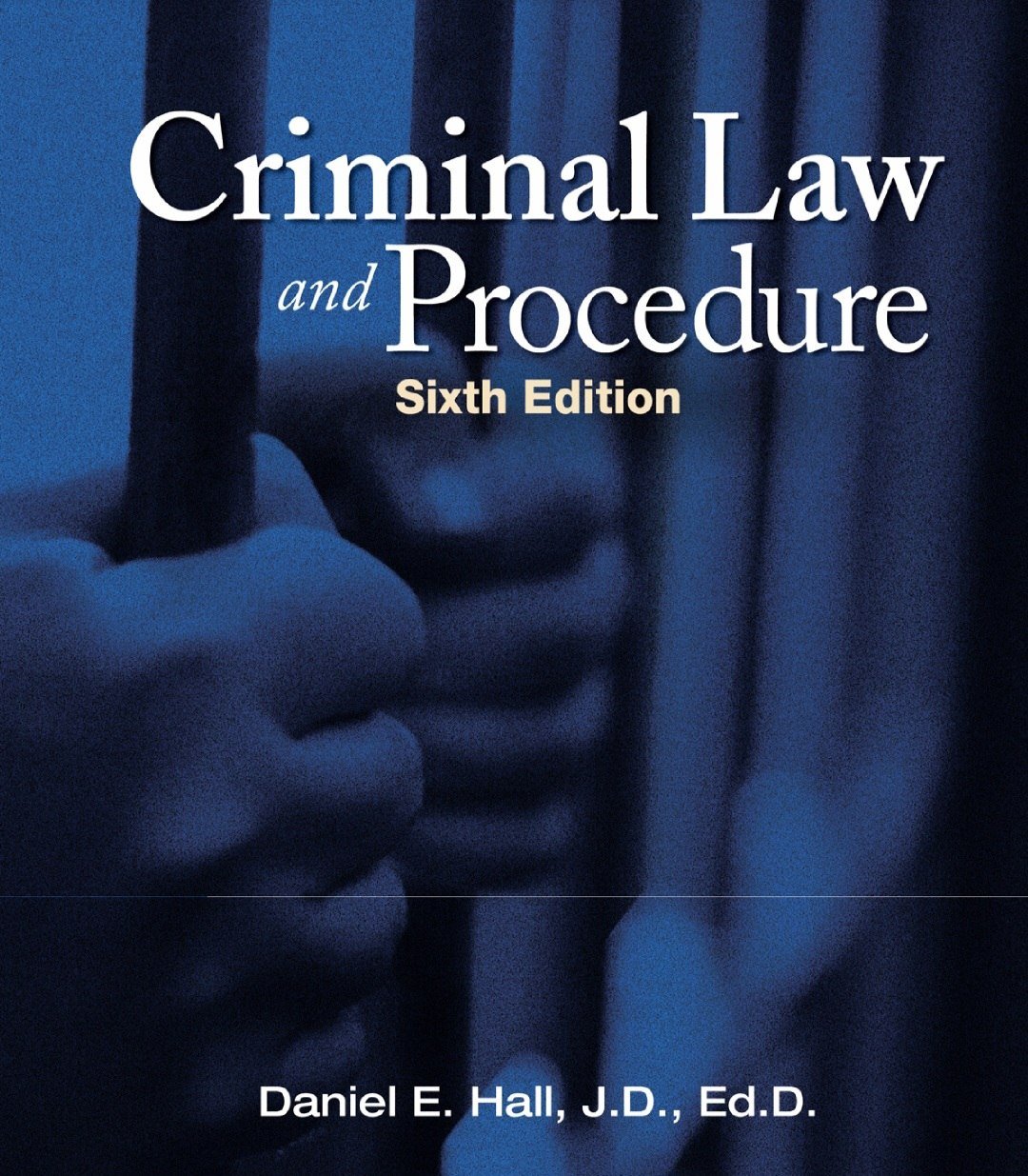

History and Class Consciousness
Reviews
No review yet. Be the first to review this book!
Description
History and Class Consciousness: Studies in Marxist Dialectics by Georg Lukács, with the English translation by Rodney Livingstone, is a seminal work in Marxist philosophy and social theory, first published in 1923. In this book, Lukács explores the concept of class consciousness, one of the central themes in Marxist thought, and examines its role in the process of historical development and revolutionary change. Lukács presents a profound analysis of the dialectical relationship between history and consciousness. He argues that the understanding of social reality is shaped by the class position of individuals, and that the development of class consciousness is essential for the working class to achieve revolutionary change. For Lukács, class consciousness is not simply the awareness of one's class position, but the realization of the objective conditions of society and the possibility of transforming them through collective action. One of the key contributions of History and Class Consciousness is Lukács' interpretation of Marx's theory of history, specifically the dialectical materialism that underpins it. He contends that the development of human society is not linear or progressive but occurs through dialectical processes, where contradictions within society give rise to new forms of social organization. Lukács uses this framework to argue that the working class, as the class that is most alienated from the means of production, has the potential to develop a revolutionary consciousness that can overcome capitalist society. A significant part of the book is devoted to the discussion of the concept of reification, a term Lukács borrows from Marx's writings. Reification refers to the process by which social relations are perceived as relations between objects, thus obscuring the human and social dimensions of these relations. Lukács critiques this phenomenon, showing how capitalist society perpetuates reification and how the working class can overcome this alienation through the development of class consciousness. The book also critiques the failure of the German social democracy to understand the revolutionary potential of the working class and offers a defense of the idea of revolutionary praxis. Lukács critiques the conservative tendencies within the socialist movement and the ways in which social democratic thought became disconnected from the revolutionary spirit of Marxism. History and Class Consciousness is a foundational text for understanding Marxist theory and its application to the study of history, class, and social change. It has had a profound influence on later Marxist thought, particularly in the Frankfurt School and the development of Western Marxism. Lukács' exploration of the dialectical relationship between class consciousness and historical materialism remains a key work in the fields of political theory, philosophy, and sociology.




















.jpeg)



.jpeg)


.jpg)



.jpg)













.png)

.jpg)








.jpg)





.jpg)









.jpg)



.jpg)


.jpeg)


.jpg)
.jpeg)







.jpeg)

.jpg)



.jpg)









































